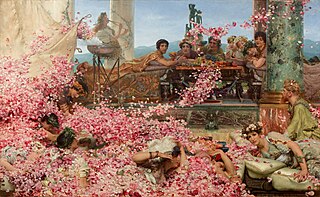| Louis II of Bourbon, the Great Condé |
p 403 | Louis, Count of Vermandois, Ludwig Wilhelm, Margrave of Baden-Baden (1655-1701),
- Charles II, Duke of Brunswick (1804-73),
- Charles de Bourbon-Condé, Count of Charolais (1700-60),
- Louis-François, Duc de Boufflers (1644–1711),
- Louis de Bourbon, Prince of Condé (1621–86),
- Henri-Albert de Cossé, duc de Brissac (1645-98),
- Louis Joseph de Bourbon, Duke of Vendôme (1654–1712),
- Amaury III de Goyon, marquis de La Moussaye (1601-74?).
p 406 | Prince Eugene of Savoy (1663–1736), Paul Bourget (1852–1935), French novelist & critic; Nicolas du Blé, Maréchal d'Huxelles, (1652-1730); Life and letters of Elizabeth Charlotte, Princess Palatine ("Madame"); François VI, Duc de La Rochefoucauld, Prince de Marcillac (1613–80) noted French author of maxims and memoirs.
.jpg/220px-Bust_of_Elagabalus_-_Palazzo_Nuovo_-_Musei_Capitolini_-_Rome_2016_(2).jpg) |
| Heliogabalus |
p 408 | Heliogabalus (also called Elagabalus), dissolute Roman emperor (as Marcus Aurelius Antoninus Augustus), c 203–222. The Spanish word heliogábalo means "a person overwhelmed by gluttony."
 |
| The Roses of Heliogabalus (1888), Lawrence Alma-Tadema. |
